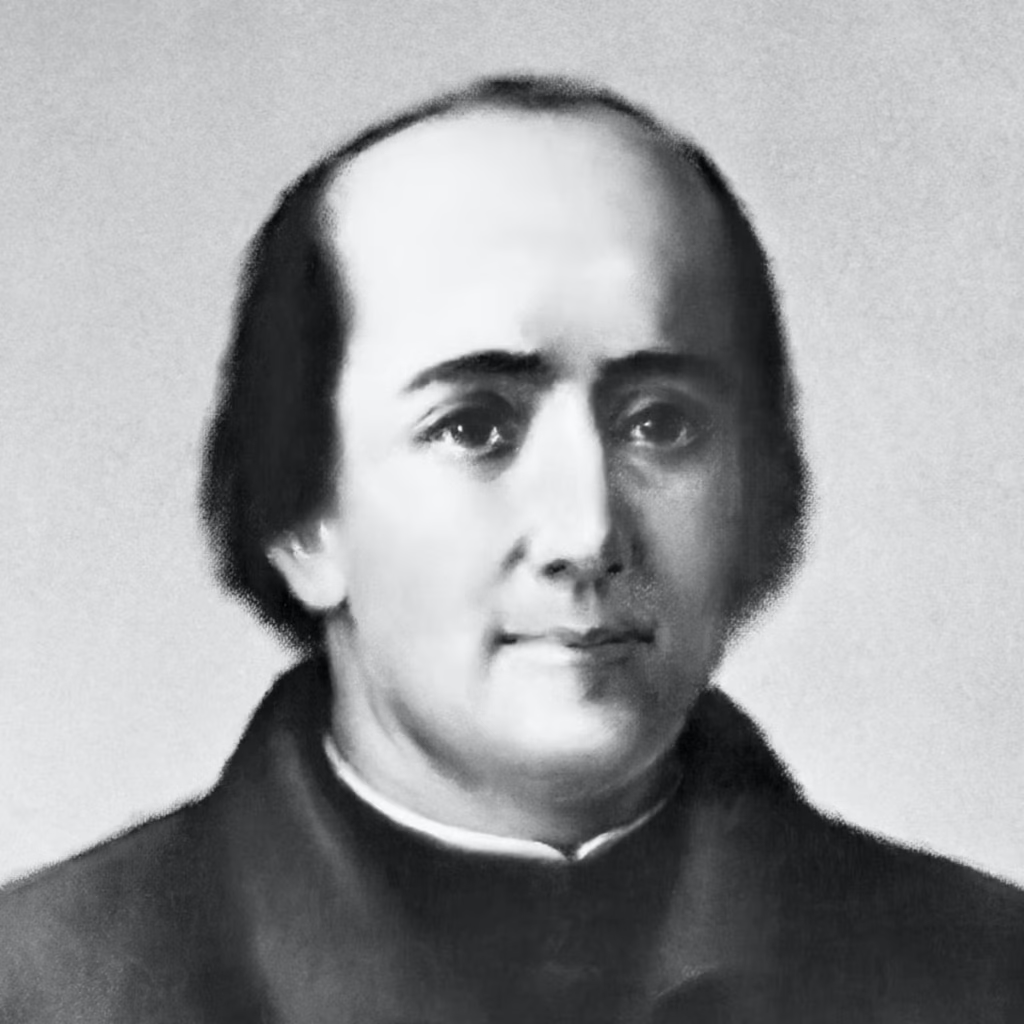
Table of Contents
Jacques Marquette: A Jesuit Explorer of the Mississippi River
Jacques Marquette, a French Jesuit missionary and explorer, became renowned for his explorations in North America during the mid-1600s. His dual passions for religious mission and discovery led him to join the Society of Jesus at the age of 17, dedicating his life to both spiritual and geographical exploration. Marquette played a pivotal role in the early exploration of the Mississippi River, working alongside the French-Canadian explorer Louis Joliet. Together, they helped map this vital waterway and laid the groundwork for further European exploration of the American interior.
Early Life and Religious Calling
Born on June 1, 1637, in Laon, France, Marquette’s early life was shaped by his deep religious conviction. At 17, he entered the Society of Jesus, committing himself to the Jesuit mission. Over the following years, Marquette studied and taught at various Jesuit colleges in France. His superiors, recognizing his talents and dedication, assigned him to missionary work in the Americas. In 1666, Marquette traveled to Quebec, Canada, where he developed a remarkable proficiency in Indigenous languages, becoming fluent in six dialects, including the Huron language.
Missionary Work in the Great Lakes
Marquette’s missionary journey took him to the western Great Lakes, where he helped establish several missions. In 1668, he founded a mission at Sault Ste. Marie, now part of Michigan, marking the area’s first European settlement. Three years later, he helped establish a second mission at St. Ignace, also in Michigan, furthering the Jesuit presence in the region.
Exploration of the Mississippi River
Marquette’s most famous venture occurred in 1673, when he was selected to lead an expedition alongside Louis Joliet to explore the Mississippi River. The mission aimed to locate the river’s mouth and determine its flow, which Native American tribes referred to as “Messipi,” meaning “the Great Water.” While Joliet, an experienced cartographer, focused on mapping the river’s course, Marquette’s primary objective was to evangelize and spread Christianity among the Indigenous people they encountered.
Starting their journey on May 17, 1673, Marquette and Joliet traveled from Green Bay, Wisconsin, and ascended the Fox River. They portaged to the Wisconsin River and eventually entered the Mississippi on June 17, 1673. They navigated the river southward to the Arkansas River, traveling within 435 miles of the Gulf of Mexico. During this journey, the explorers discovered that the river flowed through Spanish territories, prompting them to turn back for fear of encountering hostile Spanish forces. They retraced their route by way of the Illinois River in July 1673, successfully returning to Green Bay.
Death and Final Mission
Following the expedition, Marquette remained in Green Bay while Joliet continued his journey back to Canada. In 1674, Marquette embarked on a new mission among the Illinois Native Americans, but harsh winter conditions forced him and his companions to camp near the site of present-day Chicago, making them the first Europeans to reside in the area. In the spring of 1675, Marquette reached the Illinois people, but his health, weakened by dysentery contracted during the expedition, deteriorated. He died on May 18, 1675, on his return journey to St. Ignace, in an area now known as Père Marquette River, named in his honor.
Legacy
Jacques Marquette’s legacy lives on through numerous geographic namesakes, including the city of Marquette in Michigan and Marquette University in Milwaukee, Wisconsin. Statues honoring him stand at significant locations, including in Laon, France, Quebec, and Prairie du Chien, Wisconsin. Marquette’s contributions as both a missionary and an explorer remain integral to the history of European exploration in North America.
